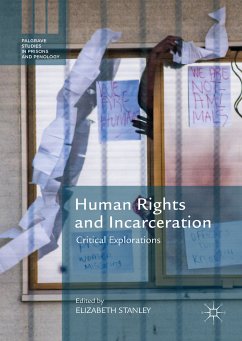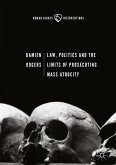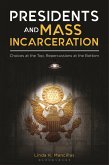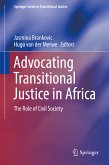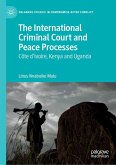This collection considers human rights and incarceration in relation to the liberal-democratic states of Australia, New Zealand and the UK. It presents original case-study material on groups that are disproportionately affected by incarceration, including indigenous populations, children, women, those with disabilities, and refugees or 'non-citizens'. The book considers how and why human rights are eroded, but also how they can be built and sustained through social, creative, cultural, legal, political and personal acts. It establishes the need for pragmatic reforms as well as the abolition of incarceration.
Contributors consider what has, or might, work to secure rights for incarcerated populations, and they critically analyse human rights in their legal, socio-cultural, economic and political contexts. In covering this ground, the book presents a re-invigorated vision of human rights in relation to incarceration. After all, human rights are not static principles; they have to be developed, fought over and engaged with.
Dieser Download kann aus rechtlichen Gründen nur mit Rechnungsadresse in A, B, BG, CY, CZ, D, DK, EW, E, FIN, F, GR, HR, H, IRL, I, LT, L, LR, M, NL, PL, P, R, S, SLO, SK ausgeliefert werden.

